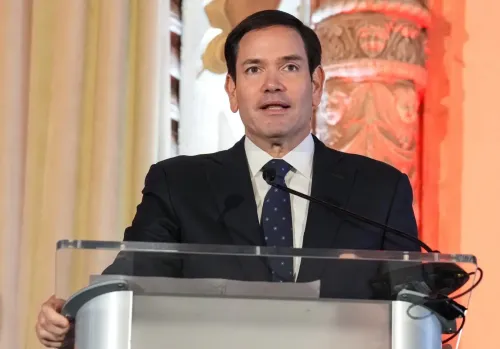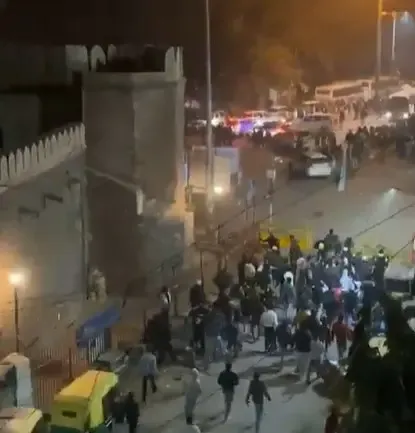Did the Punjab Cabinet Approve Farmers to Remove Flood-Deposited Sand and Silt?

Synopsis
Key Takeaways
- Punjab Cabinet approves measure for farmers to remove flood-related sand and silt.
- Farmers can sell extracted materials without a permit until December 31.
- Compensation of Rs 20,000 per acre is provided.
- Decision reflects strong commitment to farmer welfare.
- Cabinet also addressed urban development and legal issues.
Chandigarh, Sep 8 (NationPress) The Punjab Cabinet, under the leadership of Chief Minister Bhagwant Mann, has granted approval for a one-time, pro-people initiative allowing farmers to extract and sell sand and silt that has built up in their fields due to recent floods.
This significant decision was made during a Council of Ministers meeting held virtually by the Chief Minister, who is currently receiving treatment at Fortis hospital.
A spokesperson from the Chief Minister's Office noted that numerous fields in inundated villages are now filled with sand and silt from the floods.
In a critical relief effort for farmers, it has been decided that they will have the right to remove sand and silt from their properties and may sell the materials if they choose.
According to the policy known as “Jisda Khet, Usda Rait” (The landowner owns the sand), farmers in all flood-affected areas will be permitted to extract sand from their land without needing a permit until December 31.
This one-time measure for clearing silt, sand, and river-borne materials from agricultural land will not be categorized as mineral mining.
The relevant Deputy Commissioner will announce the list of affected villages in each district where farmers can proceed with the removal of the deposited materials.
Additionally, the Cabinet has approved a compensation scheme of up to Rs 20,000 per acre for farmers, which is noted as the highest compensation in the nation, even if it is not the highest in Punjab's history.
This reflects the state government's commitment to support Punjab's farmers during this challenging time, the spokesperson said.
The Cabinet also approved an amendment to the Punjab Town Improvement Act of 1922, allowing urban local bodies to access funds from the Improvement Trusts through the Municipal Development Fund, which is allocated annually from the state Budget for urban infrastructure projects.
Moreover, the Cabinet sanctioned prosecution against former Punjab Minister Bikram Singh Majithia under Section 19 of the Prevention of Corruption Act of 1988.
Following the Advocate General's advice, the prosecution sanction for the former Minister will first be discussed in the Council of Ministers before being forwarded to the Governor for a formal order.
Furthermore, the Cabinet has signaled the start of the Custom Milling Policy for the Kharif Marketing Season 2025-26, commencing on September 16, with paddy procurement slated for completion by November 30.










